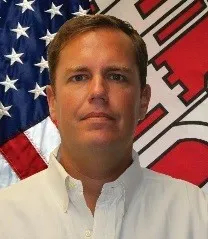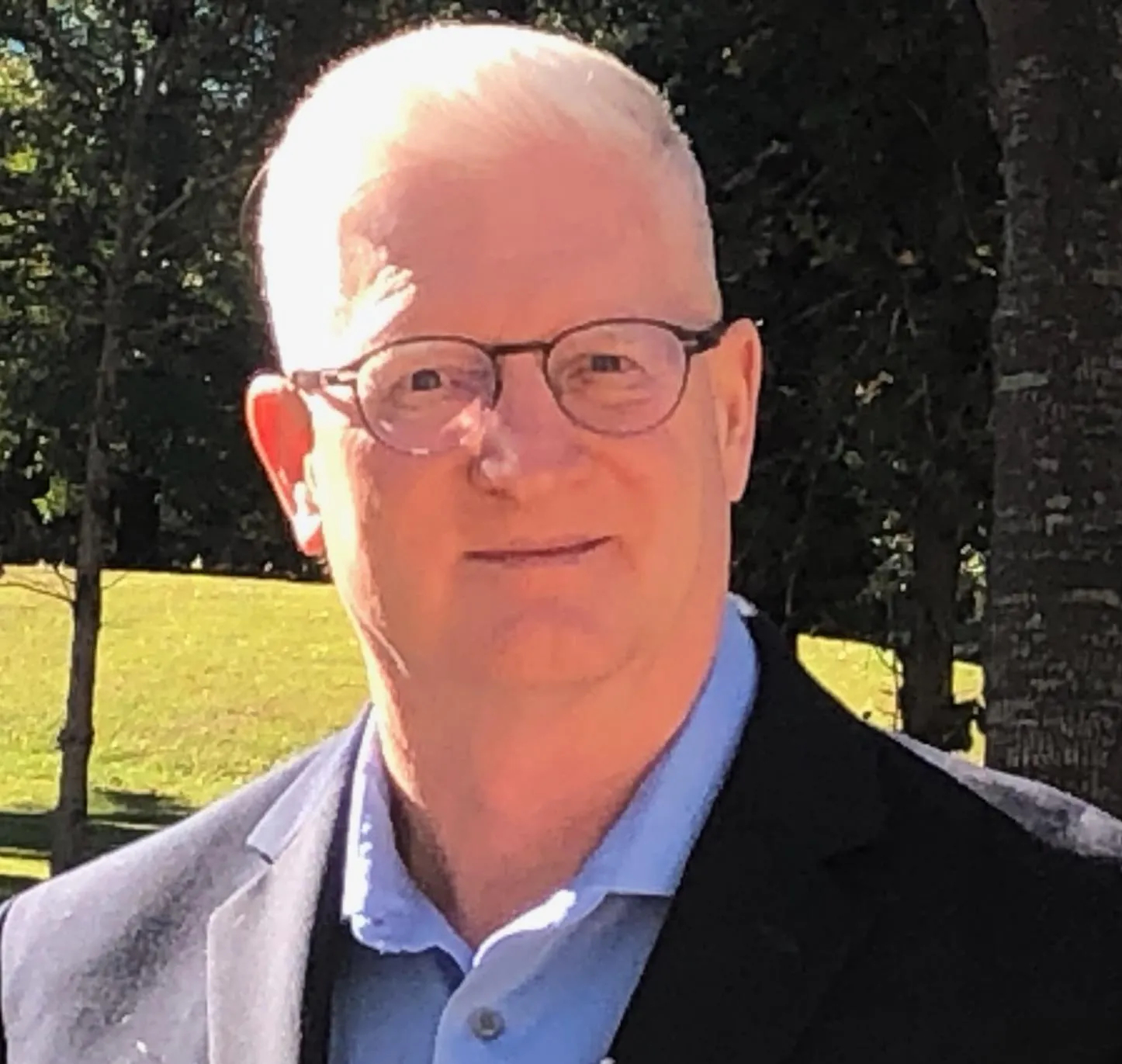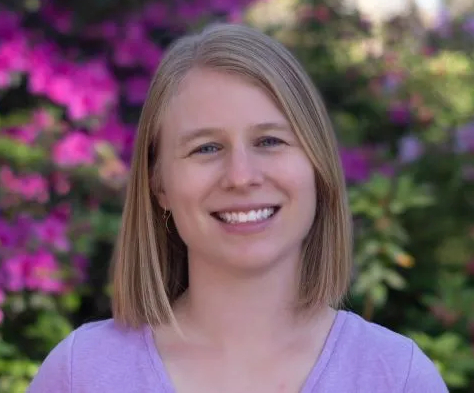
Our 4 speakers worked together on this project and have a unique perspective to share. They will address the primary threat that is due to rising sea levels and storm surge. Concludes with a panel discussion moderated by Kelly Schaeffer.

Wes Wilson
Project Manager
USACE - Charleston District
Wes Wilson joined the Army Corps of Engineers Charleston District October 2007 as a member of the Project Management Branch after working for five years with Bechtel Corporation. In his current position, he is responsible for Project Management on three main programs – Navigation Operations and Maintenance, Coastal Storm Damage Reduction Projects and Navigation Construction. He is also responsible for the Charleston Peninsula Feasibility Study.
Mr. Wilson earned his Bachelor of Science degree in 2003 from Clemson University.

Winslow Hastie
President and CEO
Charleston Historical Foundation
Winslow Hastie is President & CEO of Historic Charleston Foundation, a non-profit organization that champions the historic authenticity, cultural character and livability of the Charleston region through advocacy, stewardship and community engagement. Hastie began his career in San Francisco as a preservation consultant at Carey & Co. Architecture, and as an urban planner and preservation specialist at the City of San Francisco Planning Department. A native of Charleston, Hastie returned to his roots as the Chief Preservation Officer at Historic Charleston Foundation. Following a national search, Hastie was chosen to lead the Foundation as President & CEO, ushering in a new era of heightened advocacy engagement and strategic programming to address preservation, livability and growth issues facing the Charleston region. He holds a Master’s degree in Historic Preservation from the University of Georgia and a Bachelor’s degree from the University of the South at Sewanee. In his active civic life, Hastie serves on the Board of Directors of Magnolia Plantation and Gardens, an historic site outside of Charleston; the Advisory Board of the Halsey Institute of Contemporary Art; the Board of Directors of Preservation Action, a national preservation advocacy organization based in Washington, D.C.; and the Board of the Friends of the Lowcountry Lowline.

Mark Wilbert
Chief Resilience Officer and Senior Policy Advisor
City of Charleston, SC
Mark Wilbert is the Chief Resilience Officer and Senior Policy Advisor to the Mayor for the City of Charleston, South Carolina. Mark is focused on leading City Staff and the Charleston community in planning for the effects of changing weather, including flooding, sea level rise and extreme heat, in a thriving city of 150,000 residents and seven million visitors annually.
Since becoming Charleston’s first Chief Resilience Officer in 2018, Mark has led the development and implementation of the City of Charleston’s Flooding and Sea Level Rise Strategy, and has served as city project lead for the Charleston Dutch Dialogues. He also continues as city project lead for the U.S. Army Corps of Engineers Flood Risk Management Study for the Charleston Peninsula and successfully led the city team through the recently completed All Hazards Risk and Vulnerability Analysis.
Prior to assuming his current role, Mark served as the City’s Emergency Management Director for five years following active duty service in the U.S. Coast Guard for 35 years, retiring as Captain. During his Coast Guard career, Mark served in roles involving Search and Rescue, Law Enforcement, Counter –Terrorism and protecting the maritime environment. He was also involved in planning and responding to numerous weather related disasters and events including the G-8 Summit in 2004 and the Deepwater Horizon Oil Spill in 2010.

Elizabeth (Liz) Fly, Ph.D.
Marine Conservation Director, South Carolina Chapter
The Nature Conservancy
Liz is the Marine Conservation Director for the South Carolina chapter of The Nature Conservancy. She is expanding the Conservancy’s engagement in important coastal and offshore issues facing South Carolina, including using nature-based solutions to mitigate flood risk, supporting sustainable fisheries, and making informed ocean-use decisions. She is originally from St. Louis, Missouri, but has lived in South Carolina for 14 years working on marine-related issues. She received her Ph.D. in Biological Sciences from the University of South Carolina, studying climate change impacts on marine mussels around the world. Liz spent a year in Washington D.C. as a Knauss Marine Policy Fellow, working on ocean and coastal issues for the Third National Climate Assessment which was released in 2014. Before joining the Conservancy, she was the coastal climate specialist for the South Carolina Sea Grant Consortium and the Carolinas Integrated Sciences and Assessments program, providing science-based information and technical support for coastal climate adaptation issues.